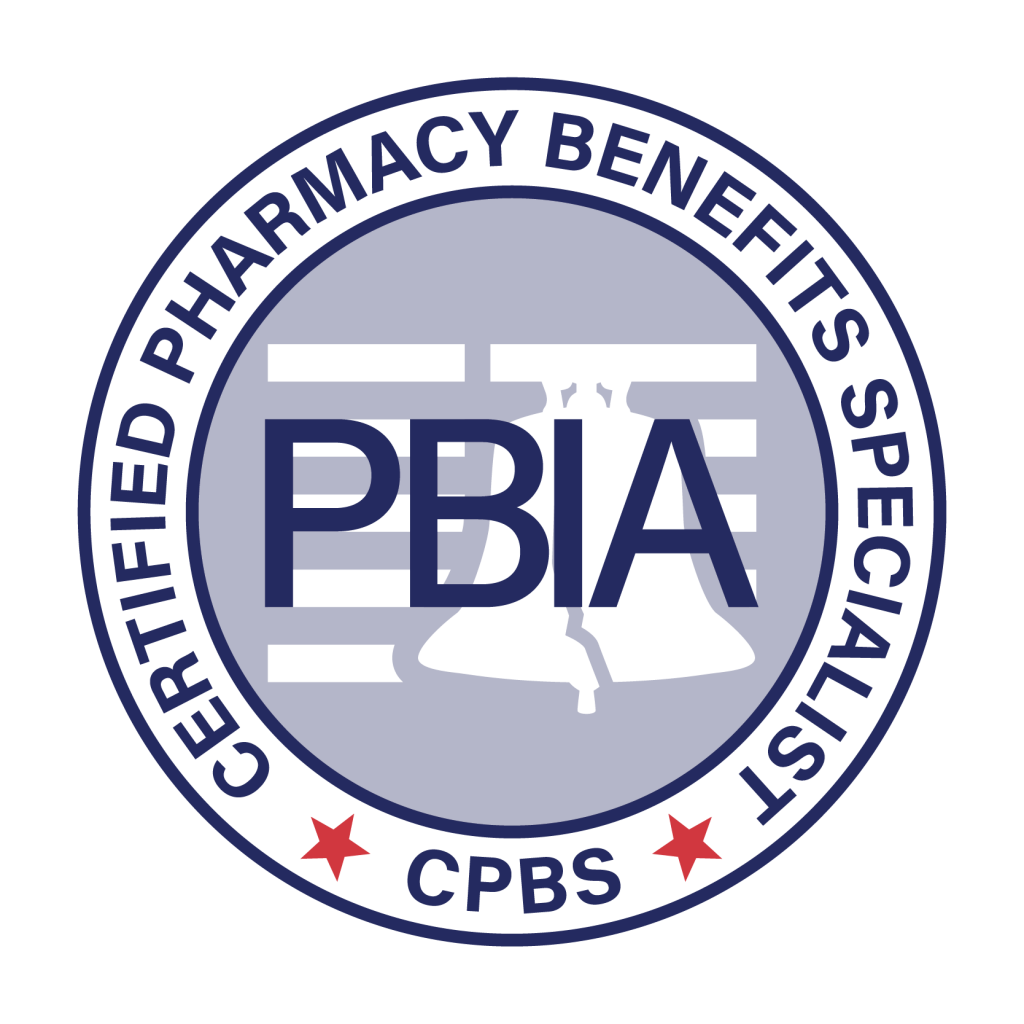PBM Ordered to Pay Aids Healthcare Foundation (AHF) $23 million and other notes from around the interweb:
- PBM Ordered to Pay Aids Healthcare Foundation (AHF) $23 million. The United States District Court for the District of Arizona has confirmed an earlier arbitration judgment of $23 million awarded to AIDS Healthcare Foundation (AHF) against Caremark LLC, a subsidiary of the pharmacy giant CVS, for unfair reimbursement practices. In November 2019, AHF filed suit with the American Arbitration Association against Caremark LLC, a pharmacy benefits manager (PBM), for breach of agreement and the covenant of good faith and fair dealing. The dispute arose from Caremark’s unfair practice of chargebacks on prescriptions filled by AHF pharmacies on behalf of insurance prescription plan sponsors such as those covering Medicare Plan D beneficiaries. As a result of the chargebacks by Caremark, for several years AHF was being reimbursed less than what Part D plan sponsors received in prescription reimbursement from public Part D monies.
- Six Things to Look Out for Within the Rebates Section of Your Pharmacy Benefit Management Contract. Prior to signing your Pharmacy Benefit Management (PBM) contract, it’s essential to pay particularly close attention to the pharmacy services that provide cost-containment strategies. One vital component you should focus on is the rebate administration. Today, we are sharing six areas within the rebate section of your PBM contract, to help you maximize savings and mitigate risk.
- How specialty drug ‘solution stacking’ can rein in pharmacy benefit costs. Brokers and employer groups alike know that 5% to 10% percent of insured workers and their dependents drive 50% to 60% of the cost of pharmacy claims. A few members with prescriptions for a specialty drug with a five-figure price tag can easily represent most of an entire group’s pharmacy spend. These drugs are often lifesaving or provide a dramatic quality of life improvement for those who take them. No one would question the necessity of using them. But when a group can mitigate some of the cost without affecting the clinical outcome, it can be a game changer. The broker who unlocks these savings becomes a trusted ally.
- 3 reasons why owning pharmacy benefits data matters. The Federal Trade Commission is pushing PBMs for greater transparency to help employers take control of their prescription costs. But what is transparency without access to plan data or performance analytics? Currently, employers are disempowered because too many don’t own their data, must pay extra to get access to what should already be theirs, or only receive partial access. These PBM practices of obscuring data have led to significant distrust from all stakeholders. To fix a broken system, the data being hidden by these third parties needs to be freed to provide employers and plan members with the information they need to find the path to lower costs.
